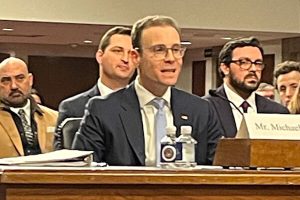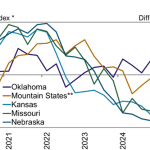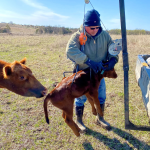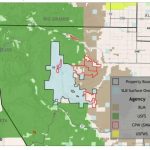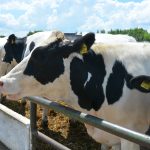House Dems oppose Save the Bacon; USDA plans study
A group of 182 Democratic House members have sent House Agriculture Committee Chairman Glenn “GT” Thompson, R-Pa., and Rep. Angie Craig, D-Minn., ranking member on the committee, a letter stating their opposition to the Save Our Bacon (SOB) Act, H.R. 4673, led by Rep. Ashley Hinson, R-Iowa, a bill that aims to prevent states and localities from imposing production standards on livestock and their derived products sold in interstate commerce.
Proponents of the bill say it is a response to laws like California’s Proposition 12 and Massachusetts’ Question 3, which they believe harm farmers and drive up costs by imposing rules on out-of-state producers.
The letter, led by Reps. Lateefah Simon, D-Calif., Jim Costa, D-Calif., and Jim McGovern, D-Mass., said, “The SOB Act aims to undermine the basic principles of federalism by preempting hundreds of state and local laws, even where no federal standards exist, creating a regulatory vacuum. In doing so, the SOB Act and similar iterations would drastically broaden the scope of federal preemption and impede the ability of voters and elected officials to enact laws that address local concerns due to the unique nature of individual communities.”
In September, a group of House Republicans led by Reps. Anna Paulina Luna, R-Fla., Nancy Mace, R-S.C., Andrew Garbarino, R-N.Y., and David Valadao, R-Calif., sent a similar letter.
The Organization for Competitive Markets, Competitive Markets Action, the Alabama Contract Poultry Growers Association, and Kansas Cattlemen’s Association urged members to sign the letters.
The National Pork Producers Council noted in its newsletter this week that the fiscal year 2026 agriculture appropriations bill directs the agriculture secretary to provide a report on the impact of state statutes and regulations on food prices and industry consolidation within 180 days of the enactment of this act. “Through this, Congress is seeking to better understand the effects of California Prop. 12 on the U.S. farm economy,” NPPC said.
